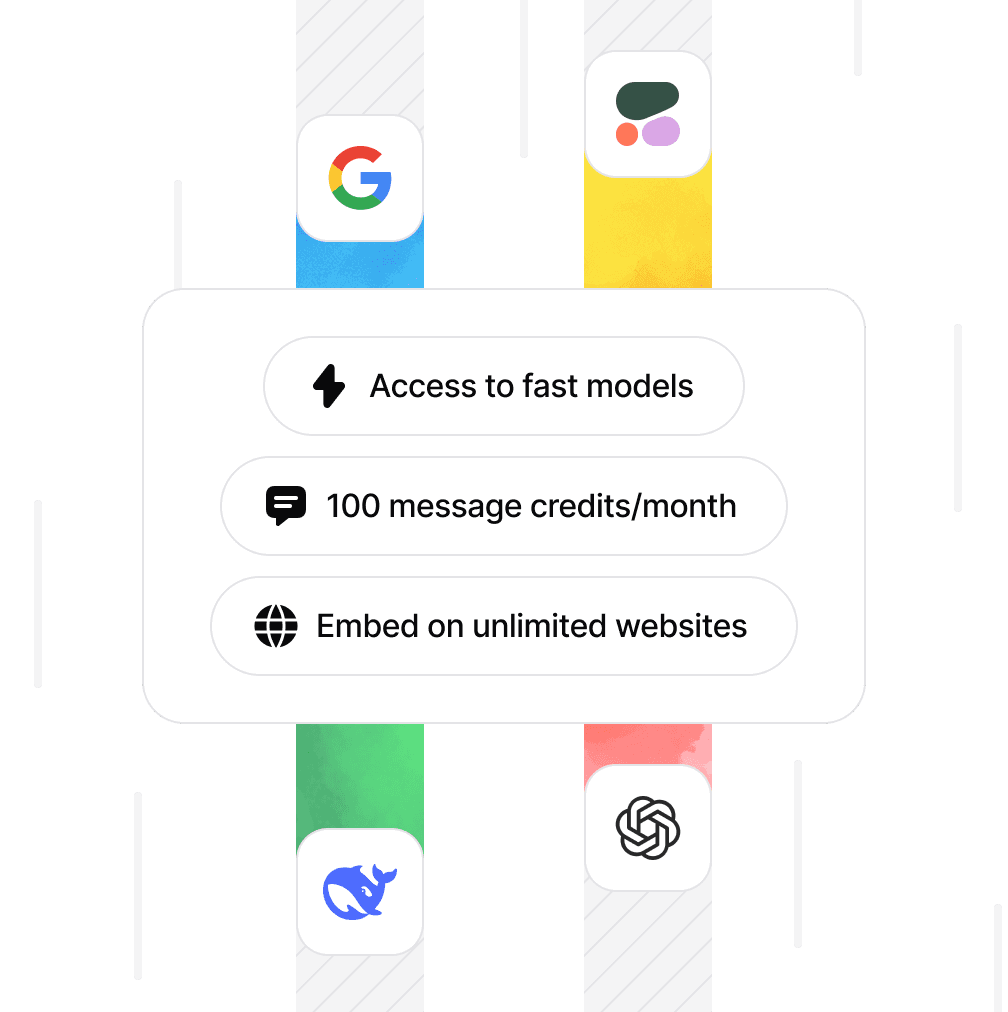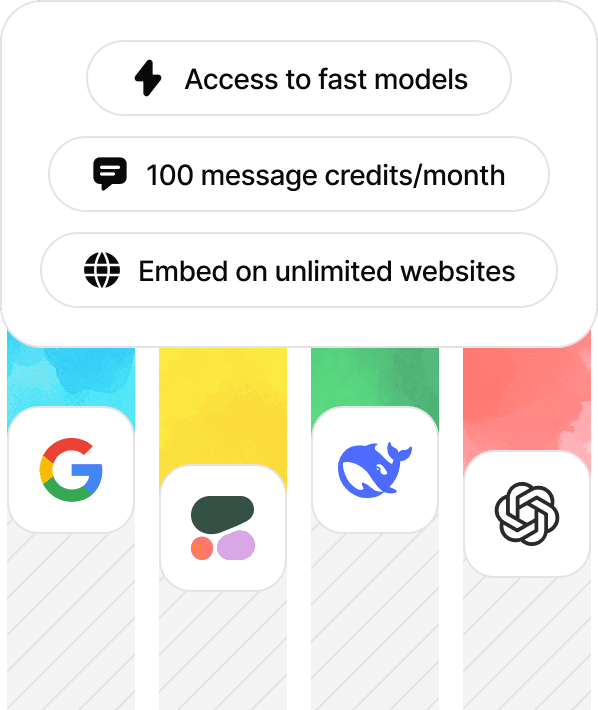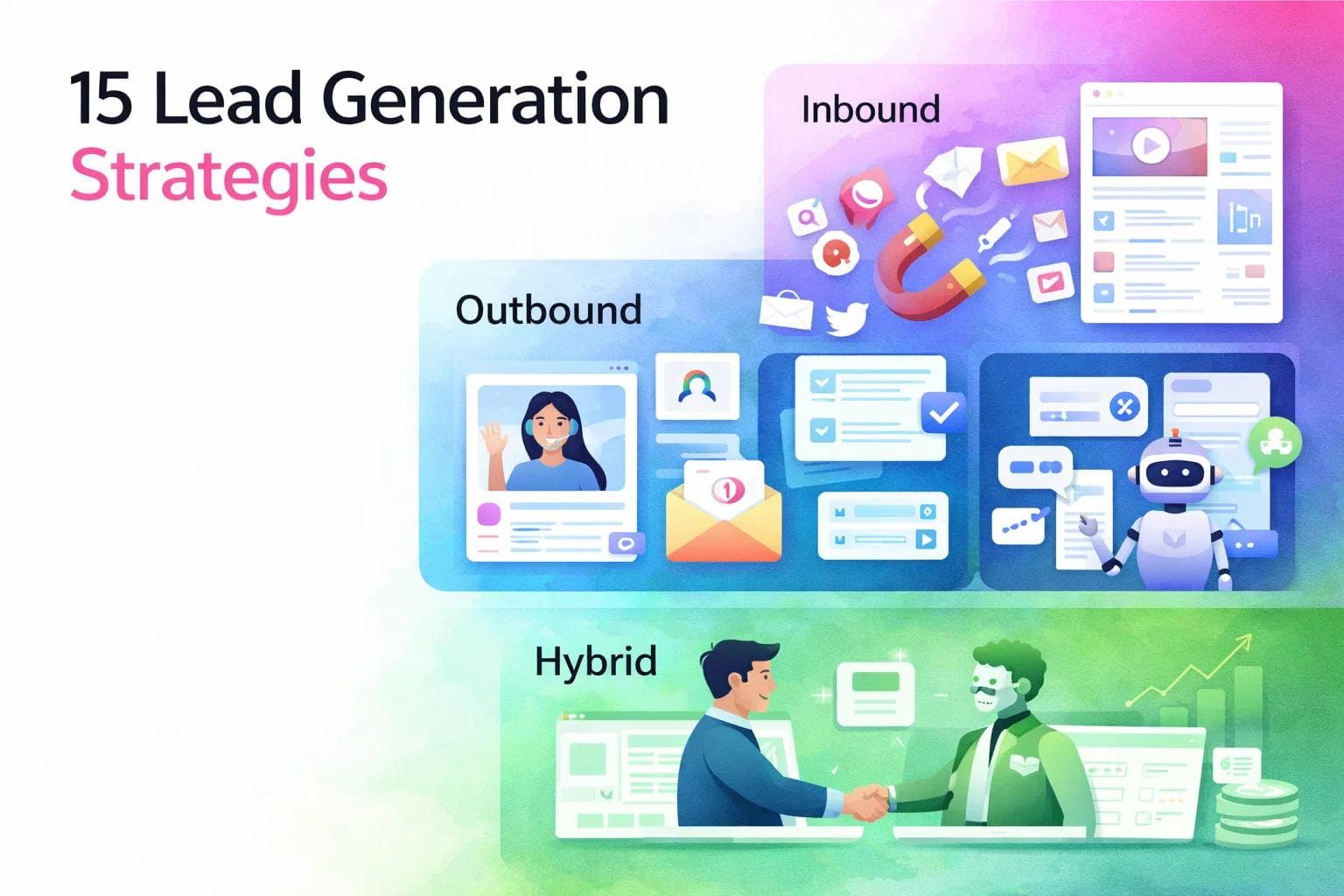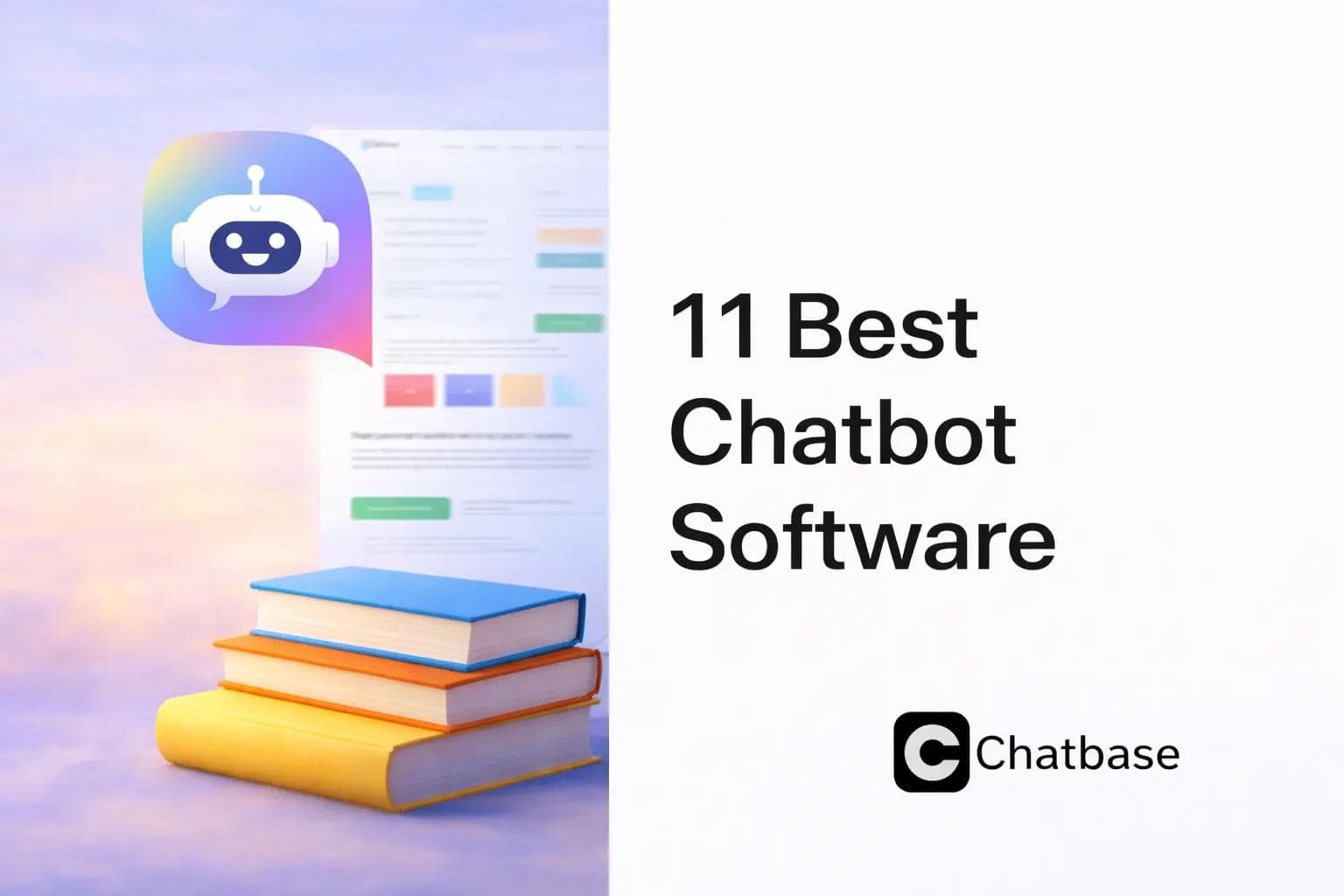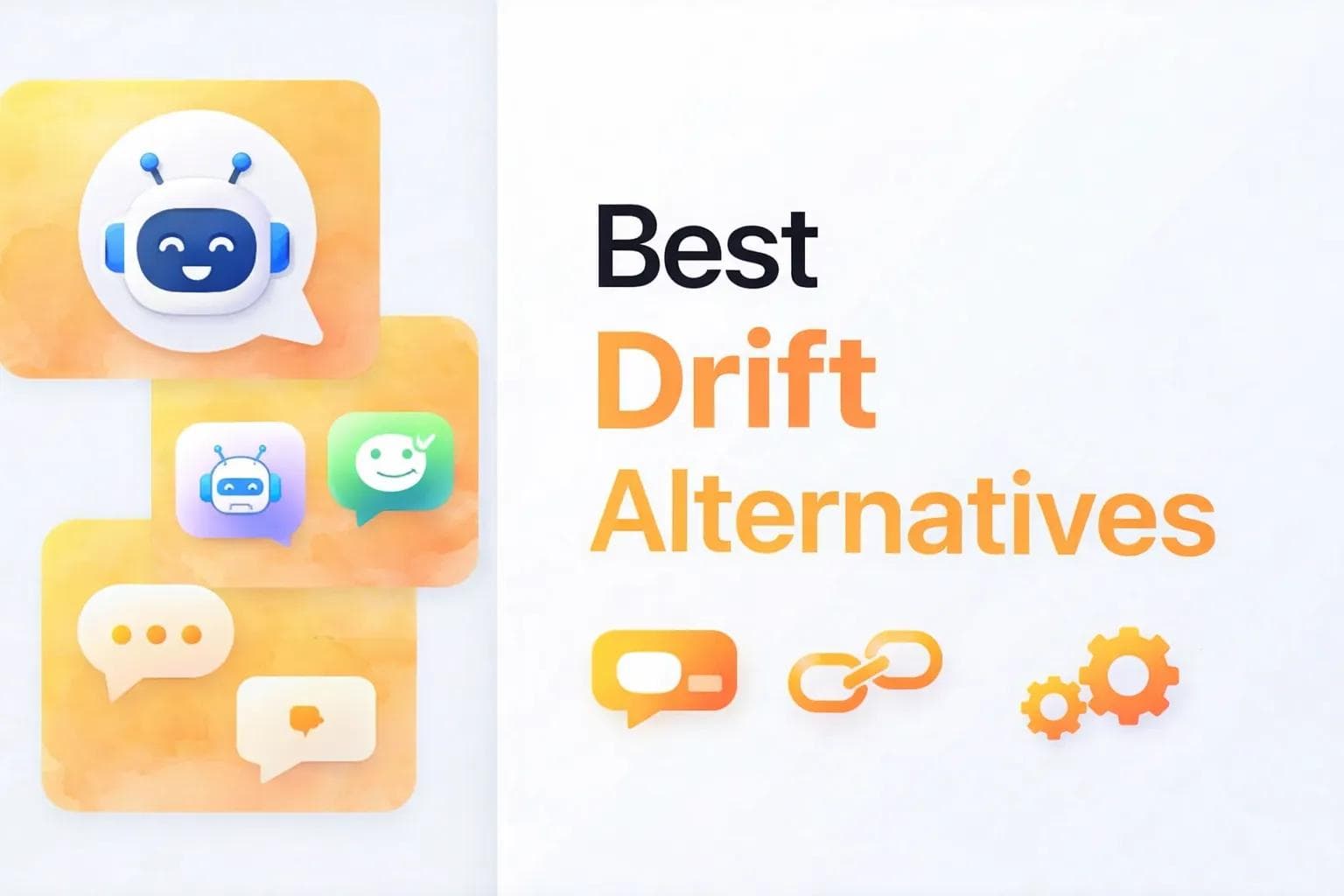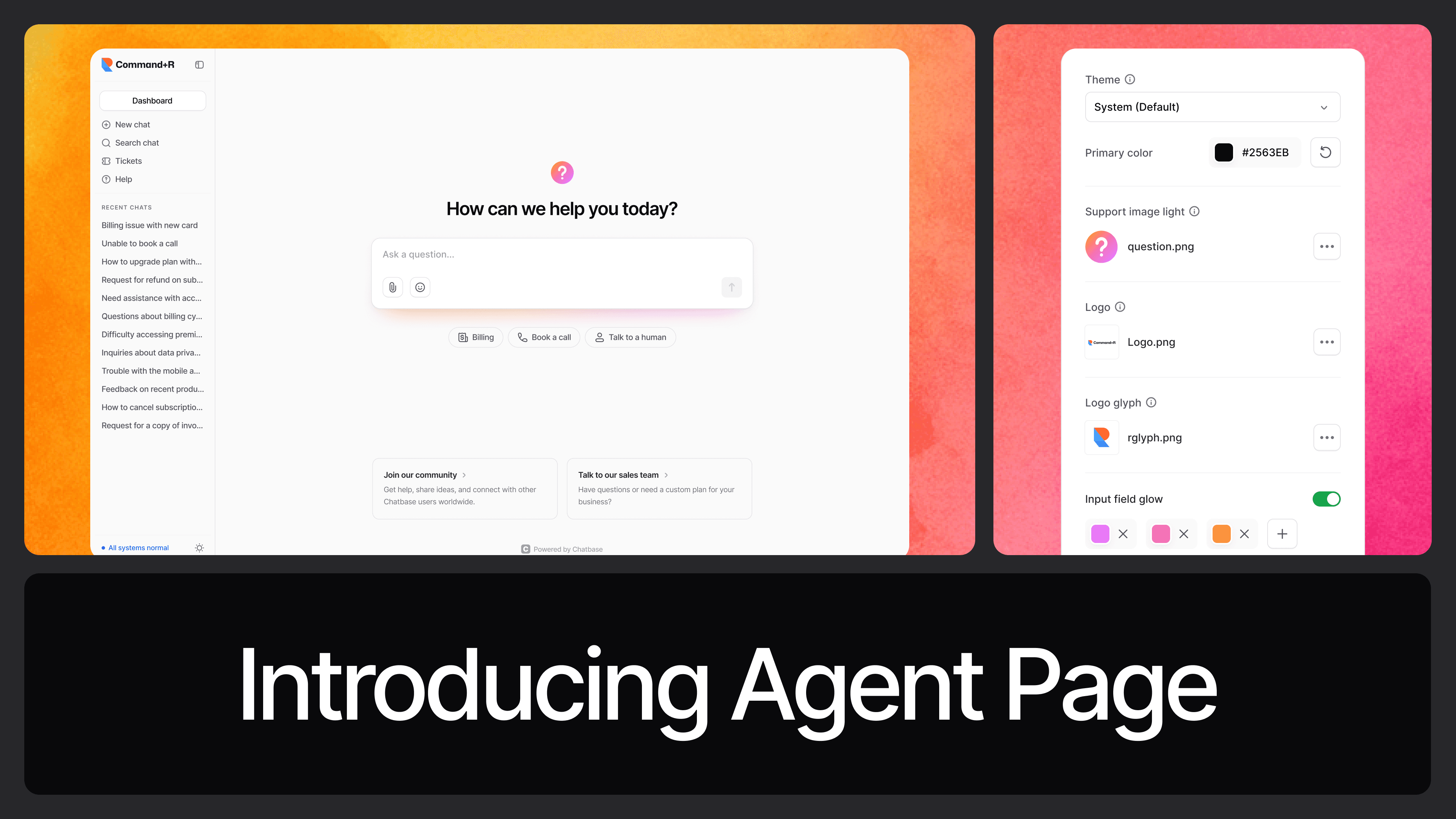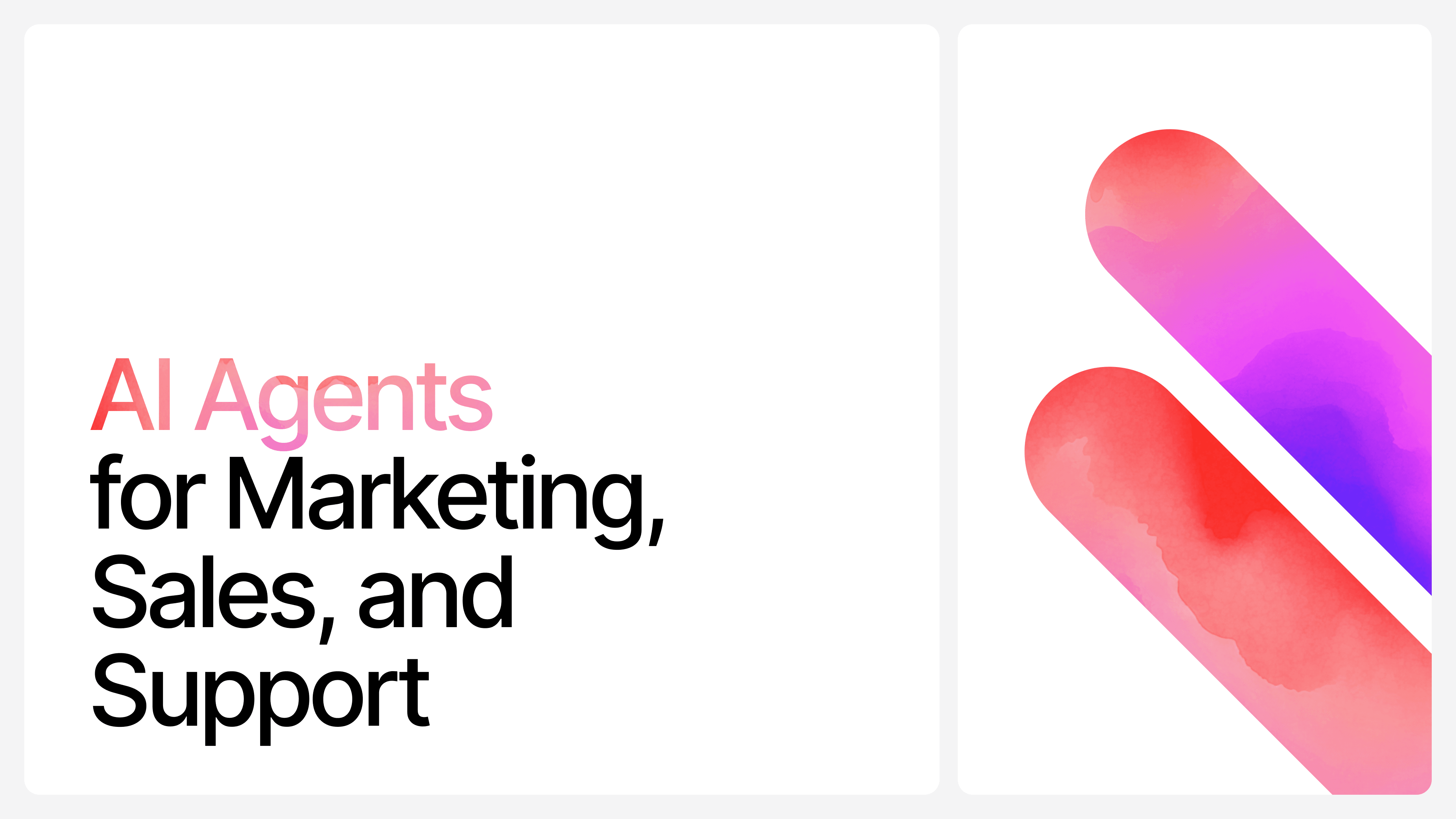How People Automate Customer Support in 2026
Max T
Jul 18, 2025
8 min read
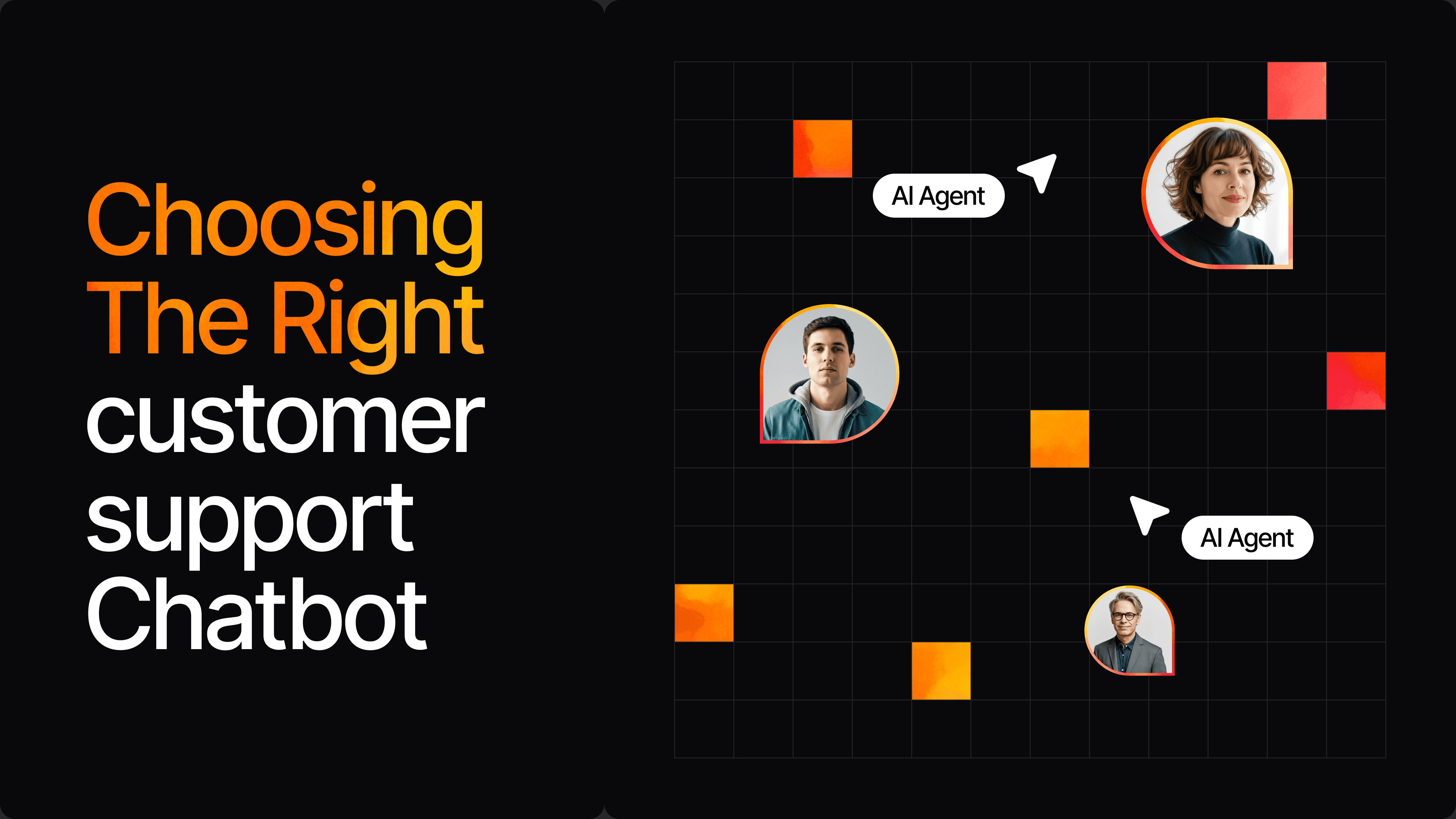
Customer service automation is moving fast. Too fast, maybe; depending on who you ask.
Brands are all-in on AI support; automated chats, instant replies, endless talk of “24/7 coverage without needing more staff.” On paper, it’s a win: lower cost, faster service, less friction.
However, when you look beyond the product pages and pitch decks, something feels off.
Because the more companies adopt AI to handle support, the more complaints seem to pop up. The experience often feels mechanical, incomplete, or just downright frustrating. So we started digging.
What People are Saying About AI Customer Support
To understand how customers that have to deal with AI customer support really feel, we looked at the one place where users don’t hold back: Reddit.
Here’s what the internet is saying about AI-powered customer service:
On a thread where users were venting about AI ruining support experiences across companies, the sentiment was overwhelmingly negative. Here's what u/juicebox719 had to say:
“Until AI is smart enough to not just direct me to the help page on a website then I’d say it’s too early for it to play a role in customer support.”(Source)
In a rant-filled post on how modern platforms are “enshittifying” themselves, users zeroed in on AI chatbots as a core reason why support has gotten worse. u/SilverCandyy put it plainly:
“It seems like services recently decided to double down on AI chatbots… their BS AI bot keeps repeating itself and spitting out useless information… instead of transferring you to a human.”(Source)
This thread asked directly for opinions on AI-powered support bots, and most responses weren’t kind. u/LadyHavoc97 summarized what many others echoed:
“They are horrendous. They never get you where you want to go and they are more of an annoyance and a hindrance. I would much rather speak to a real, live person.”(Source)
On a post about companies planning to replace customer support teams with AI, several users raised doubts about the practicality and patience required to use these systems. u/Baconpwn2 had this to say:
“Have these CEOs ever played with AI agents before? It takes time and effort to get the results you want. What client is ever going to be patient enough?”(Source)
These aren’t just isolated rants. They reflect a deeper disconnect between what “most” AI tools promise and how they feel in practice.
So, that brings us to the question:
Does all this mean brands should ditch AI support tools altogether? Is customer service and customer support automation doomed to fail?
In the next section, we’ll take a closer look at the tools brands are actually using to automate customer service in 2025; what’s working, what’s not, and how we can build better experiences from here.
What’s Wrong with AI Customer Support?
There’s a reason so many Reddit threads about AI customer service sound like venting sessions. It’s not just resistance to change; people are frustrated because their experience with automation genuinely sucks.
When you break down the recurring themes, most of the problems fall into five clear buckets:
1. Still Robotic Bots That Don't Understand Context
Customers don’t expect bots to solve everything, but they do expect them to understand the situation. Too often, AI support tools still feel like clunky decision trees wrapped in a fancy skin.
You ask a question about billing, and it responds with a generic help article. You try to clarify, and it loops back. That’s the kind of thing u/LadyHavoc97 on Reddit called “an annoyance and a hindrance.”
2. Hallucinations and Confidently Wrong Responses
Some AI bots go beyond just being unhelpful; they’re dangerously misleading. Instead of saying “I don’t know,” they make things up with confidence.
This creates even more confusion and forces the customer to do extra work to clean up the bot’s mess, often having to contact a real person anyway. That false sense of confidence is a trust-breaker.
3. Slow or Clunky Integrations That Break the Flow
You’ve probably seen it: a chatbot that asks for your order number, but doesn’t actually fetch the status from your backend system. Or one that promises a follow-up, but nothing happens.
It’s not just bad UX, it’s broken automation as well. As u/Baconpwn2 pointed out on Reddit, AI can work well only if it’s set up with strong internal plumbing. Most aren’t.
4. Lack of Empathy and Human-Like Nuance
This is the #1 reason people say they still prefer talking to a human. AI bots don’t understand frustration, tone, or urgency and when someone’s annoyed, that emotional gap makes things worse.
Like Reddit user u/Acceptable_Candy1538 put it, 50% of a support rep’s job is just making customers feel heard. [Most of the AI tools we have] ..doesn’t do that—at least not yet.
5. Bots That Gatekeep Instead of Helping
Many AI support bots aren’t really designed to help. They’re designed to delay access to a human, protect internal teams, or make you give up.
That’s why threads like the one in r/enshittification exist in the first place. It’s not just that the bot doesn’t help, it feels like it’s in the way.
And here’s the kicker: if you look closely at most of the negative commentary online, it’s not AI itself people hate; it’s bad AI, poorly integrated, doing the wrong job.
So the problem isn’t just automation.
It’s using the wrong tool for the job.
Let’s talk about the right ones next.
Best Tools for Automating Customer Support In 2025
Let’s get straight to it: what AI tools are brands using to automate their customer service interactions in 2025?
1. Chatbase
Most AI support tools can “chat.” Chatbase goes beyond that. It’s one of the few platforms that doesn’t just answer questions, it understands context, performs real actions, and sounds like a human while doing it.
Fixes the “robotic bot” problem
You can fully customize tone, personality, and even inject branded voice so the AI doesn’t sound like it came off an assembly line. Instead of answering in generic support-speak, it can actually talk like your business.
Solves hallucinations and irrelevant answers
Chatbase lets you define exactly what the bot knows and what it doesn’t. It only pulls from your docs, FAQs, site content, or even custom-built logic via its AI Actions. If you want it to say “I’m not sure” instead of making things up, you can set that.
Integrated actions that work
Order tracking. Appointment scheduling. Lead capture. Chatbase can trigger real-world actions in tools like Shopify, Slack, Calendly, or anything else connected via API. The AI becomes more than just a help article repeater—it’s functional.
You stay in control
You’re not stuck with a black-box AI. Everything is configurable, from fallback messages to escalation rules to triggers that decide when a human should take over. That’s exactly what most Reddit users are asking for: AI that knows when to stop pretending it’s human.
If you’re worried about annoying your customers with a clumsy bot, Chatbase is one of the safest bets by far… to avoid that mess.
2. Botsonic
Botsonic is a relatively young entrant in the AI support space. It's not one of the big names like Zendesk or Intercom, and maybe that’s part of the appeal.
While the major platforms come with layers of enterprise baggage, Botsonic feels refreshingly straightforward. It’s an AI-powered chatbot builder that lets you train your bot on your own data; docs, knowledge bases, and product pages, and get it live fast.
It’s less popular, sure, but it is:
- It’s easier to use
- Not overwhelming in terms of settings, you don’t need
- You get enough customization to actually play around with features
- It just works perfectly for a lot of use cases
And importantly, it doesn’t come with the baggage most Reddit users complain about:
- It doesn’t feel robotic.
- It hallucinates less, especially when you restrict it to your content.
- It won’t leave you stuck in an endless support loop.
If you're just trying to get real automation going without frustrating your users—or yourself, Botsonic is a good idea.
It’s not perfect. But it’s a reminder that the problem isn’t AI, it’s picking the wrong tool.
3. Intercom
Now, if Botsonic is the scrappy new kid, Intercom is the enterprise veteran—and it shows.
In 2023, Intercom launched Fin, its AI-powered chatbot, built on GPT-4. But unlike basic bots that rely on flowcharts or keyword matches, Fin is designed to act more like a real support agent. It searches your help docs, responds in natural language, and gets smarter over time. It’s fast, polished, and deeply integrated into Intercom’s broader support suite.
What Intercom Gets Right:
- Deep integrations with CRM, ticketing, and analytics
- Fin is fast, it can surface accurate answers across large knowledge bases
- Fallbacks are solid, smooth handoffs to human agents, with full conversation history
- Built for scale, which makes it a great fit for SaaS, fintech, and other high-volume environments
But here’s the catch: Intercom does a lot, and that can be overwhelming.
The platform assumes you already have a structured support setup, clean documentation, and someone to manage it all. If you’re a small team or solo operator, Intercom can feel like a lot of tool for a relatively simple job.
Also, it’s not cheap. Intercom charges by resolution and seat, and once you add Fin into the mix, you’re definitely not running a budget stack.
TL;DR:
Intercom is a great tool when you have the infrastructure and scale to match it. It’s powerful, yes, but that power comes with complexity and cost.
So if you’ve got a growing support team, detailed help docs, and high ticket volume, Intercom might be exactly what you need.
If not, it might just be the kind of heavyweight platform that gets you stuck in setup mode while your customers are waiting.
4. Zendesk
Zendesk isn’t new to customer support. But what’s impressive is how it has evolved its AI tools to actually support, not replace, human agents.
It’s a strong option for teams that need automation at scale but want tight integration with real support workflows, not just a flashy chatbot layered on top.
Tackles the “gatekeeping bot” problem
Zendesk’s AI doesn’t try to wall off customers from your support team. Instead, it’s designed to triage and route issues based on intent, priority, or sentiment. If the bot can’t help, it passes things on smoothly, without making users fight for a human.
Fixes clunky integration issues
Because Zendesk’s bot is baked right into the Zendesk ecosystem, it has native access to tickets, customer history, tags, and macros. No janky Zapier setups or disconnected handoffs. This smooth connection is exactly what many frustrated users say is missing from bad automation setups.
Helps teams work smarter, not just automate blindly
AI in Zendesk is used to suggest responses, summarize tickets, and assist agents, not just replace them. That means customers still get thoughtful replies, but agents aren’t buried in repetitive work.
Less hallucination, more structure
Zendesk’s AI isn’t an open-ended assistant. It’s designed to work within pre-defined flows, content, and ticket data, so it’s less likely to go off-script or invent answers.
Zendesk may not be the most exciting AI tool on this list, but it’s dependable and battle-tested. If your support team already uses Zendesk, this is one of the cleanest ways to layer in useful automation without sacrificing control or customer experience.
Get Started with Support Automation — Try Chatbase
If there’s one thing all those Reddit complaints make clear, it’s this:
People aren’t frustrated with the idea of AI support—they’re frustrated with the execution.
Bots that talk in circles. Responses that are wildly off. Tools that are either too clunky or too expensive to get right.
That’s exactly what Chatbase is built to fix.
Here’s how Chatbase solves the problems most people complain about:
- Not robotic – Built on top-tier AI models, with natural conversations that actually feel human
- Low hallucinations – You can restrict the AI to just your content, so it doesn’t make stuff up
- No clunky setup – You can build, train, and launch your chatbot in under 5 minutes
- Human handoff ready – Connects to tools like Slack, Messenger, and Zendesk so real people can step in seamlessly
- Simple to customize – Add personality, define exact behavior, and even trigger actions like lead capture or appointment booking
Chatbase gives you the power of an AI-first chatbot without the complexity that turns customers off. Whether you're a solo founder, a small support team, or scaling fast, Chatbase adapts to your workflow, not the other way around.
Skip the frustration. Keep the automation.
Start automating support the right way –→ Sign up for Chatbase now and build a smarter, more human support experience in minutes.
Share this article:
